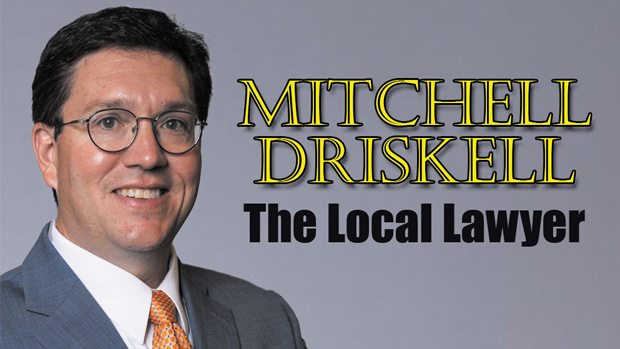

Colorblind Constitution in a Colorful World
Last month, the Supreme Court severely limited, if not effectively ended, the use of affirmative action in college admissions in its decision in Students for Fair Admissions, Inc. v. Harvard. By a vote of 6-3, the justices ruled that the admissions programs used by the University of North Carolina and Harvard College violate The Constitution’s equal protection clause, which bars racial discrimination by government entities. The Court effectively instituted a colorblindness rule.
The three dissenting Justices said that the world is not colorblind so neither should The Constitution. The dissenting Justices interpret “Equal” Protection to be more akin to “Equitable” protection, i.e. since the world is systematically prejudicial, “Equal” protection means that the government can be systematically favorable to those prejudiced. But the Court rejected the argument that Universities can be color-favorable in a world that isn’t colorblind.
The critical part of the decision was the Court’s instruction that a student “must be treated based on his or her experiences as an individual—not on the basis of race.” But—here is the loophole—the Court said that race may be considered only to the extent that an applicant’s race has influenced their character. And I think this loophole will be applied to make the decision practically meaningless to admissions programs (at least until further litigation clarifies or closes the loophole).
For example, a college may not give any preference or “points” to an applicant that identifies as a racial minority. However, an applicant can write an admission essay about how his or her experience as a racial minority had given him or her perseverance to overcome obstacles or empathy for others. Then the admissions committee can score that applicant higher based on those individual experiences and character traits. Same result—the minority applicant gets a higher admissions score and the college can achieve the same racial make-up as it did before the Students for Fair Admissions decision.
I can all but guarantee this is what is going to happen at Harvard and North Carolina and other schools who had established affirmative action admissions programs. They will exploit the loophole, there will be more argument, and there will be more litigation distracting us from the most serious systematic power issue in college admissions—the fact that blue-chip universities let in the children of alumni over, whether qualified or not, over other qualified students, white, black or other.
The children of the wealthy and well-connected grow up to be wealthy and well-connected, generation after generation. All this litigation about affirmative action hides the fact that the greatest affirmative action is saved for the insiders.
Harvard will never have “fair” admissions until it stops giving preference to children of the elite. And until the outsiders stop arguing amongst themselves, we are missing the real issue.
Free Speech vs. Equal Protection
Lorie Smith wants to expand her graphic design business, 303 Creative LLC, to include services for couples seeking wedding websites. But Ms. Smith worries that Colorado will use the Colorado Anti-Discrimination Act to compel her—in violation of the First Amendment—to create websites celebrating marriages she does not endorse. The First Amendment not only protects a citizen’s right to say what they want to say, but it also protects citizens from “compelled speech,” the right to not say things you do not want to say.
“Speech” has long been defined to include written and artistic work (expressive activities), and has long been held to include commercial/business speech. To clarify her rights, Ms. Smith filed a lawsuit seeking an injunction to prevent the State from forcing her to create websites celebrating marriages that defy her belief that marriage should be reserved to unions between one man and one woman.
CADA prohibits all “public accommodations” from denying “the full and equal enjoyment” of its goods and services to any customer based on his race, creed, disability, sexual orientation, or other statutorily enumerated trait. Thus, the competing interests is the case of Creative LLC v. Elenis is set up—Smith claims that her First Amendment rights protect her from creating an artistic, written product (websites) that she does not want to create, but the State of Colorado says businesses cannot deny customers of its services because they are gay.
The Court said that the case was clear—the State cannot force people to engage in speech that that State supports but the person does not support, and it does not matter if the person’s speech, or refusal to speak, causes “anguish” to others. The Court explained that commercial activity is “speech’ only when it qualifies as an “expressive activity” and drawing the line between non-expressive commercial activity and expressive commercial activity is the tougher issue. The dissent argues that Smith gave up her right to refuse to provide her services to gay and lesbian couples when she opened her doors as a wedding website designer.
Mitchell Driskell practices law with the Tannehill Carmean firm and has been an Oxford lawyer for twenty two years. You can call him at 662.236.9996 and email him at mitchell@tannehillcarmean.com. He practices criminal law, civil law and family law.


